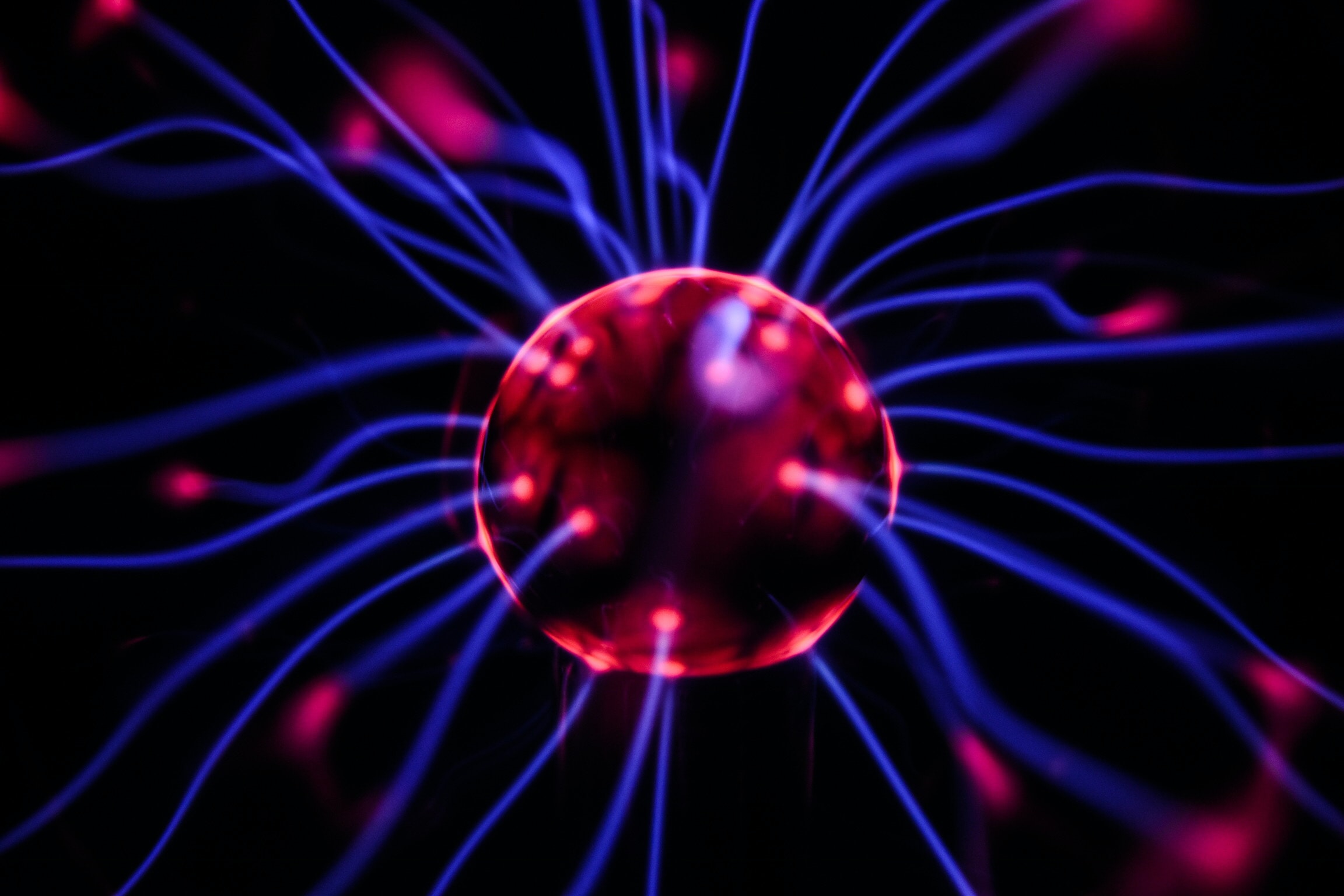
 The University of California, Davis is releasing findings from a study of how brain changes during puberty can impact how men and women respond to stress. The study, published in the Proceedings of the National Academy of Sciences, looked at reasons males and females process stress differently.
The University of California, Davis is releasing findings from a study of how brain changes during puberty can impact how men and women respond to stress. The study, published in the Proceedings of the National Academy of Sciences, looked at reasons males and females process stress differently.
Brian Trainor, a professor of psychology in the College of Letters and Science at UC Davis, is also the study’s corresponding author. Trainor says women are more likely to suffer from anxiety disorders, but historically, studies focused primarily on men.
“Our work is done in mice, but it was motivated by statistics that have been present for a long time, which is that depression and anxiety are more likely to be diagnosed in women than in men,” Trainor said. “Scientific research, however, was not considering females, so that’s why it’s really important to study both.”
The study looked at brain changes in mice when exposed to certain hormones. Mice are used based on their similarities to humans with certain brain circuits.
“One part is called the extended amygdala, that is pretty well developed in mice, and it actually responds to stress in a way that’s very similar to what you can see in humans,” Trainor said. “So, in humans, we can use imaging like an MRI that you might go to the doctor’s office to have a look at your knee. That same technology can be used to measure how the human brain responds to stress.”
The extended amygdala is the part of the brain that people with anxiety show the strongest responses. The research teams placed mice in different scenarios – at times in the same space as more aggressive mice – and tracked their behavior.
“Before they go through puberty, males and females have the same very strong response to stress,” Trainor said. “What causes the change between mice before puberty and after puberty is whether they are exposed to testosterone.”
Trainor said more work needs to be done to determine how testosterone changes the way the brain responds to certain social stressors and why certain genes are activated by the hormone.
“Our goal is by studying the mechanisms of how stress are affecting the brain, and studying how testosterone is influencing brain regions that respond to stress, that can help us interpret human data,” Trainor said.
The study is currently trying to secure more funding to continue to advance the research and hopefully begin to improve the effectiveness of current medications.
“I don’t think we’re going to come up with better approaches for addressing anxiety unless we understand the processes that are contributing to it,” Trainor said.
You can learn more about the study here.
BY HUNTER SOWARDS




